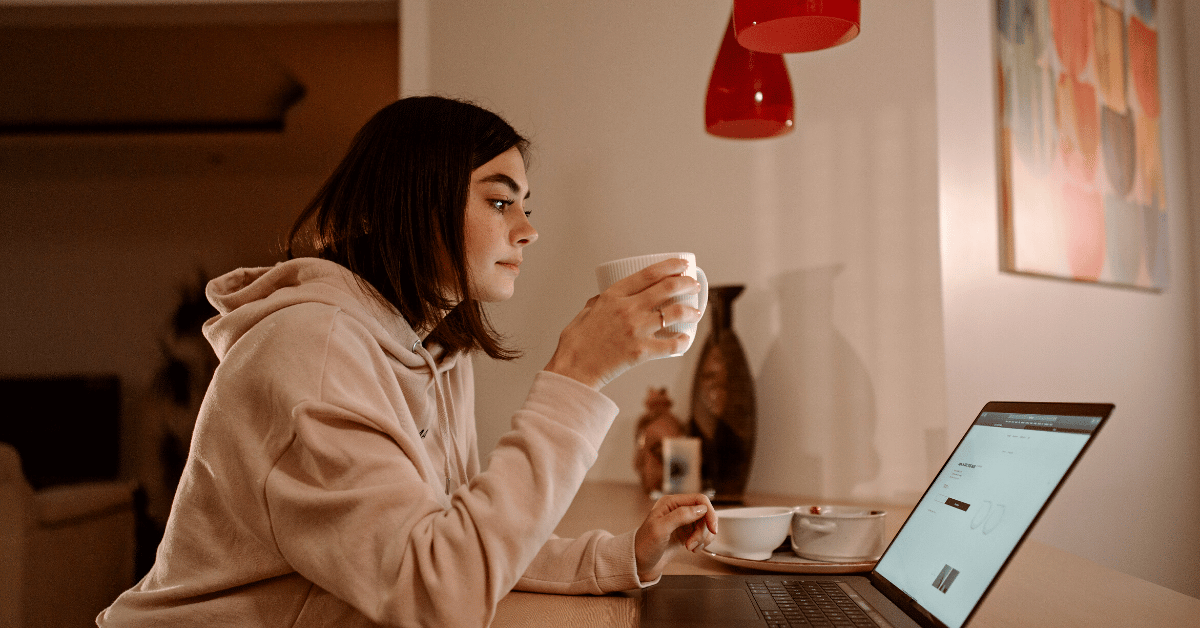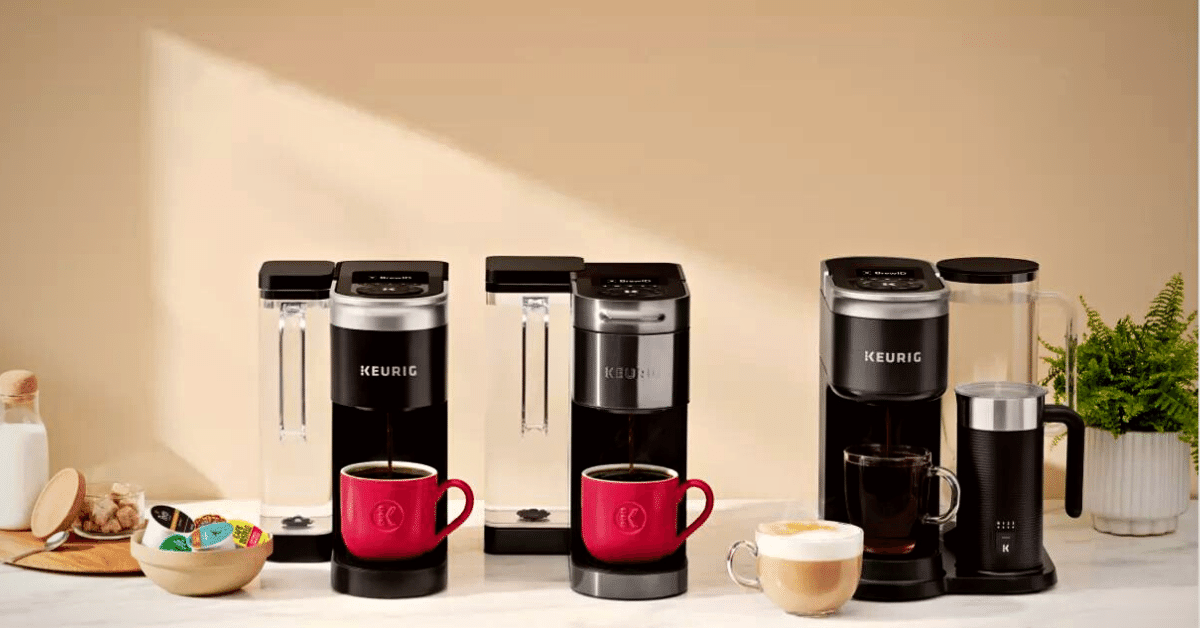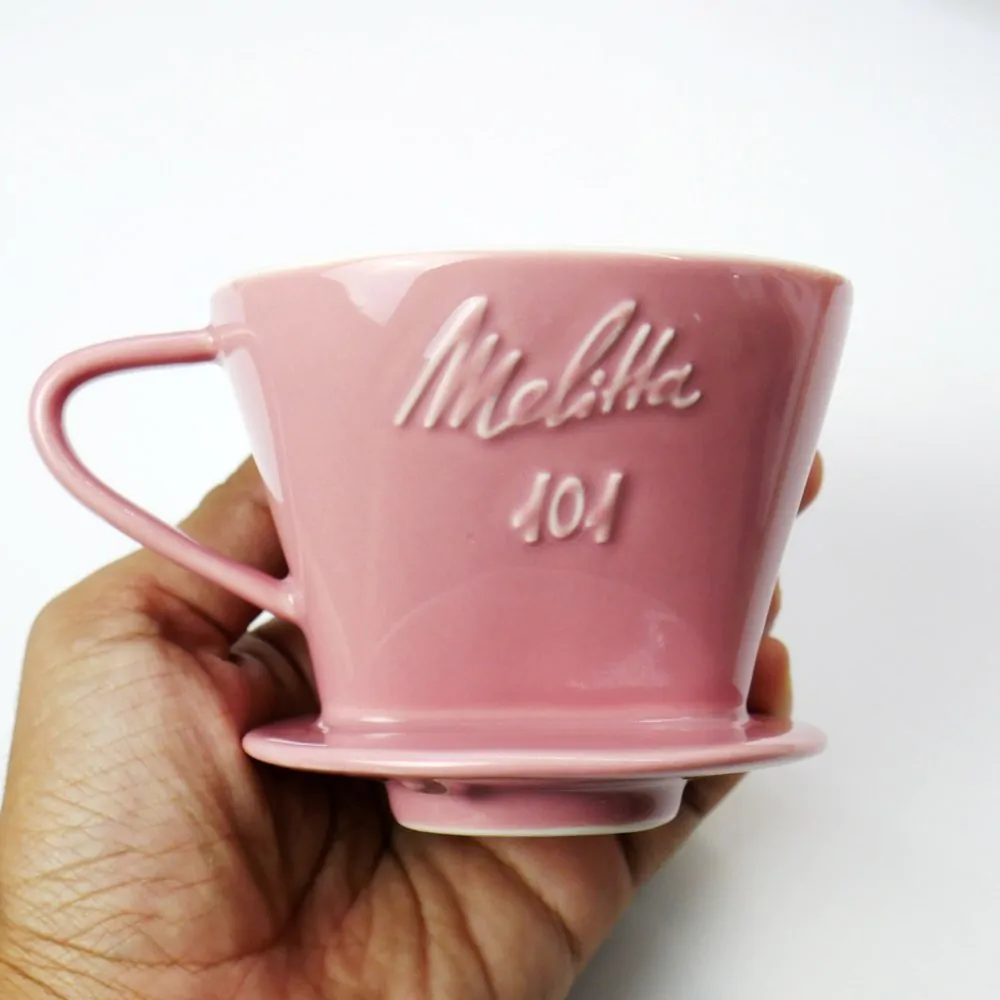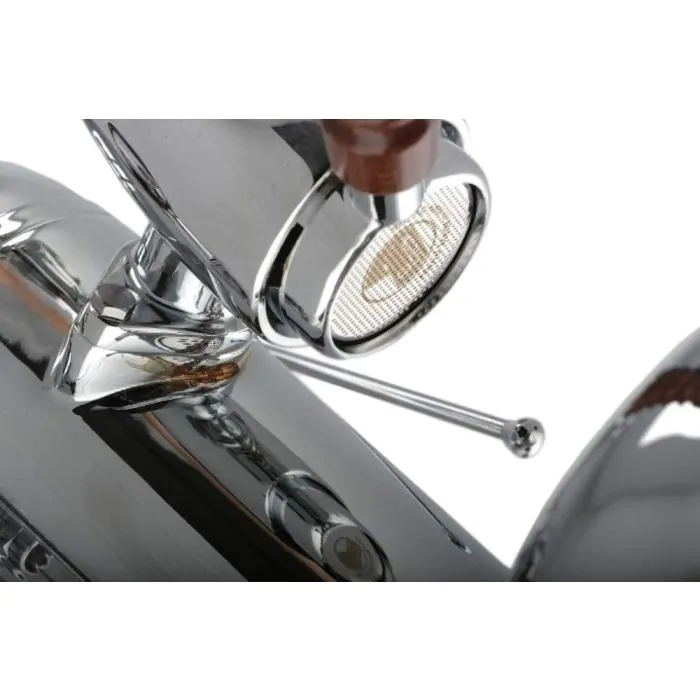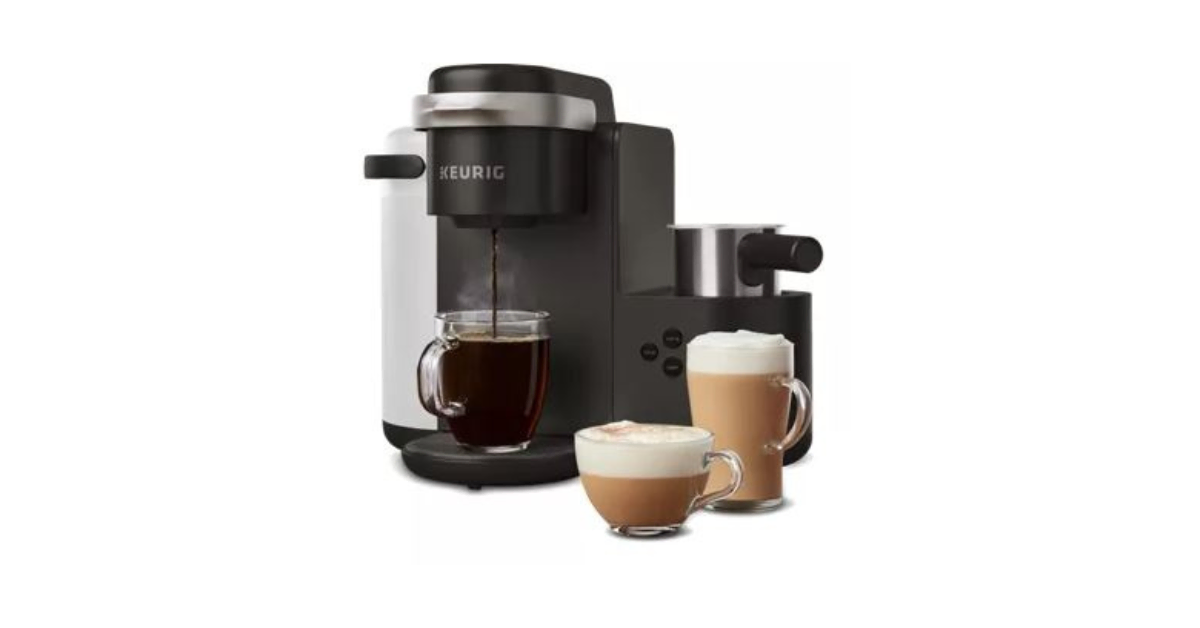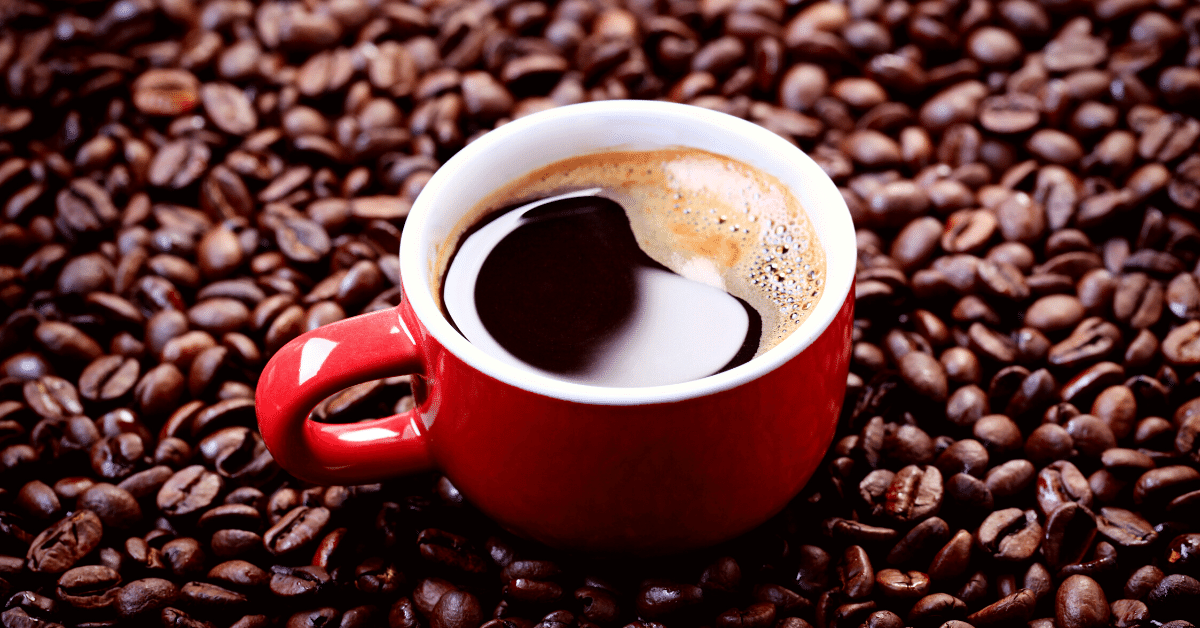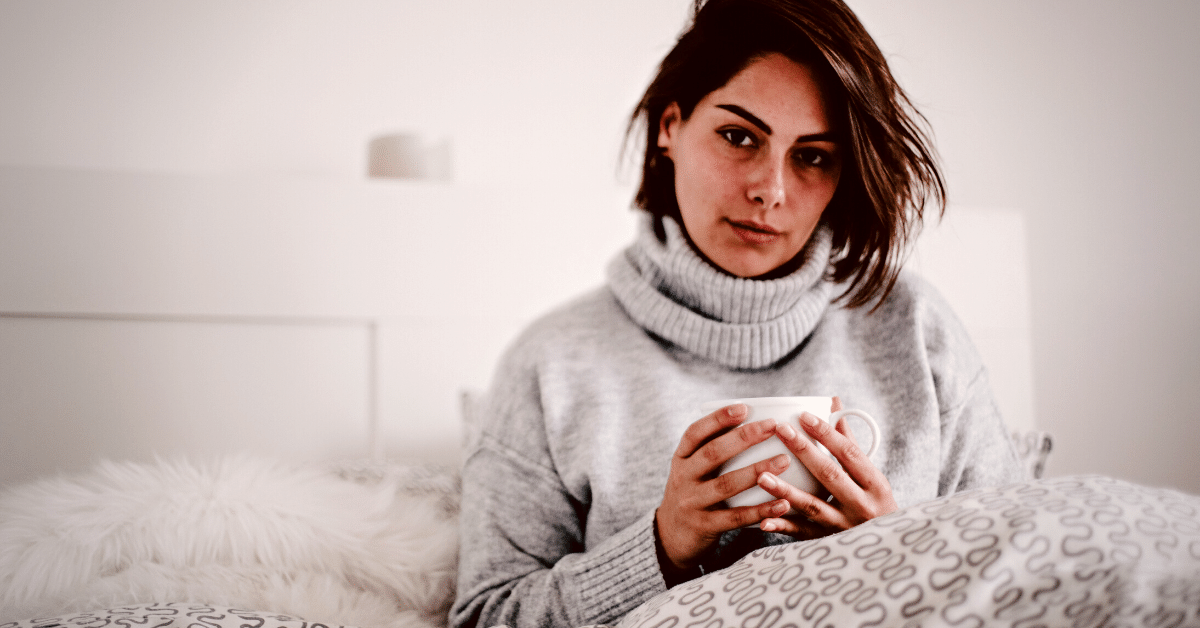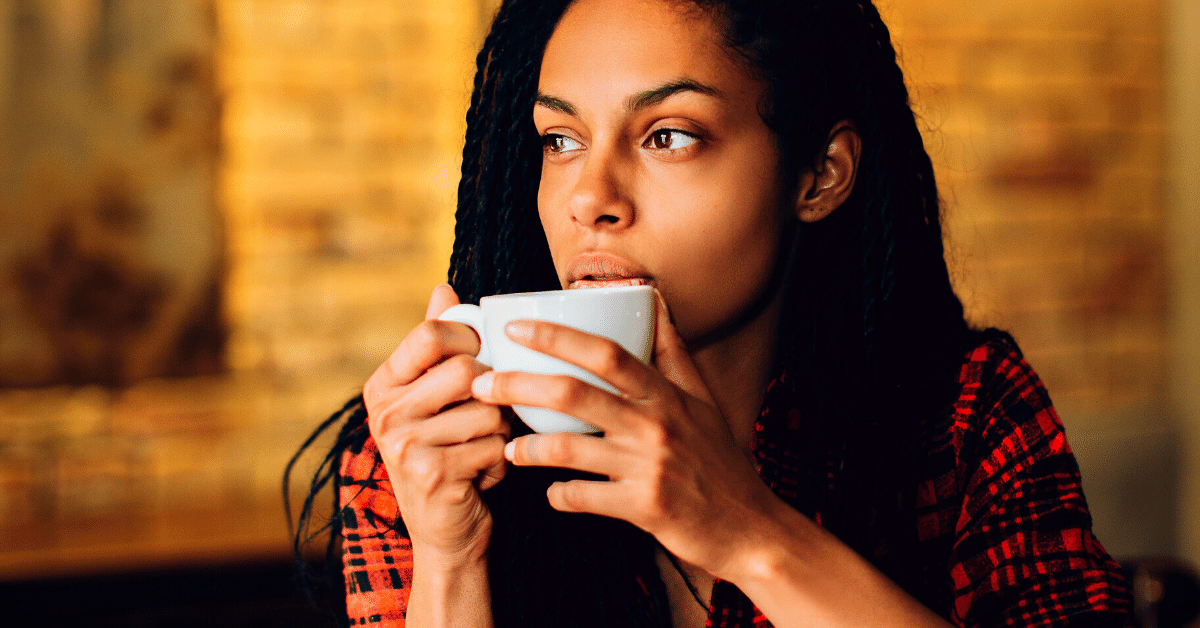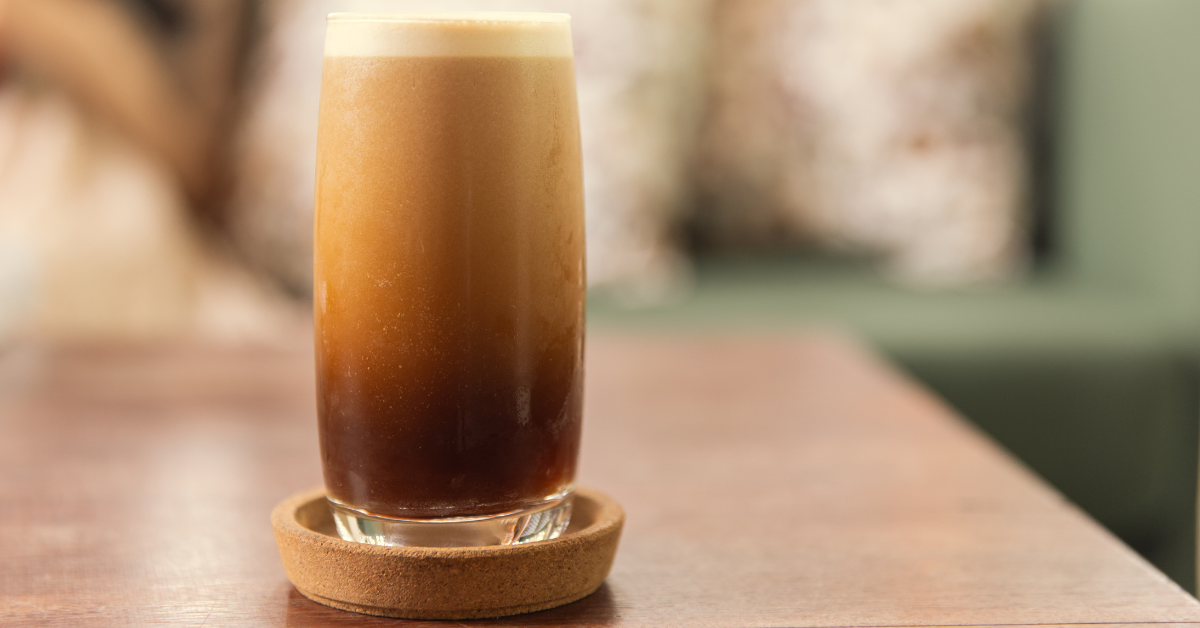Will decaf coffee keep you awake? Jump into our article and find out if decaffeinated coffee wakes you up as regular coffee would.
Pulling an all-nighter, only to realize you’re out of coffee.
There’s only an old bad of decaf. Will decaf coffee keep you awake?
Well, unlikely.
If it does, it won’t be for the reasons you might think.
Intrigued?
Let’s dive in.
Does Decaf Coffee Wake You Up?
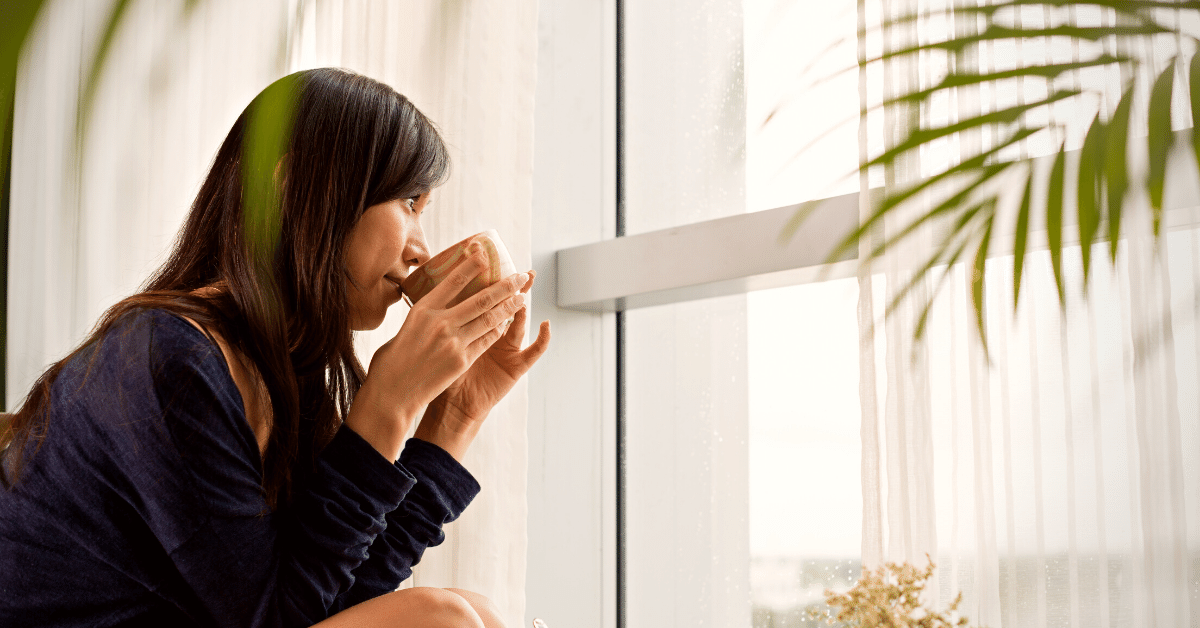
To answer this question, let’s address why regular coffee wakes you up in the first place.
Obviously, the answer is caffeine.
Caffeine is a nervous system stimulant. This means it increases brain activity and circulation of certain hormones throughout your body. As a result, your mental alertness and physical energy are increased.
And that’s about it when it comes to stimulants in caffeinated coffee. Well, aside from sugar, if you add that to your coffee. Still, sugar doesn’t really make you feel energized. It simply fuels your cells with energy to keep your body going.
Now, it’s worth noting that decaf coffee isn’t absolutely free of caffeine. The decaffeination process removes 93-99.9% of caffeine (depending on the method). The remaining amount is rather negligible unless you drink a gallon of coffee.
So, when you remove almost all caffeine from the drink, there’s nothing in it to wake you up. A cup of decaffeinated coffee will keep you alert as much as a cup of water would.
However, there could be another reason why you feel energized after drinking decaf. I’ll get to that in a second.
Is It OK to Drink Decaf Coffee Before Bed?
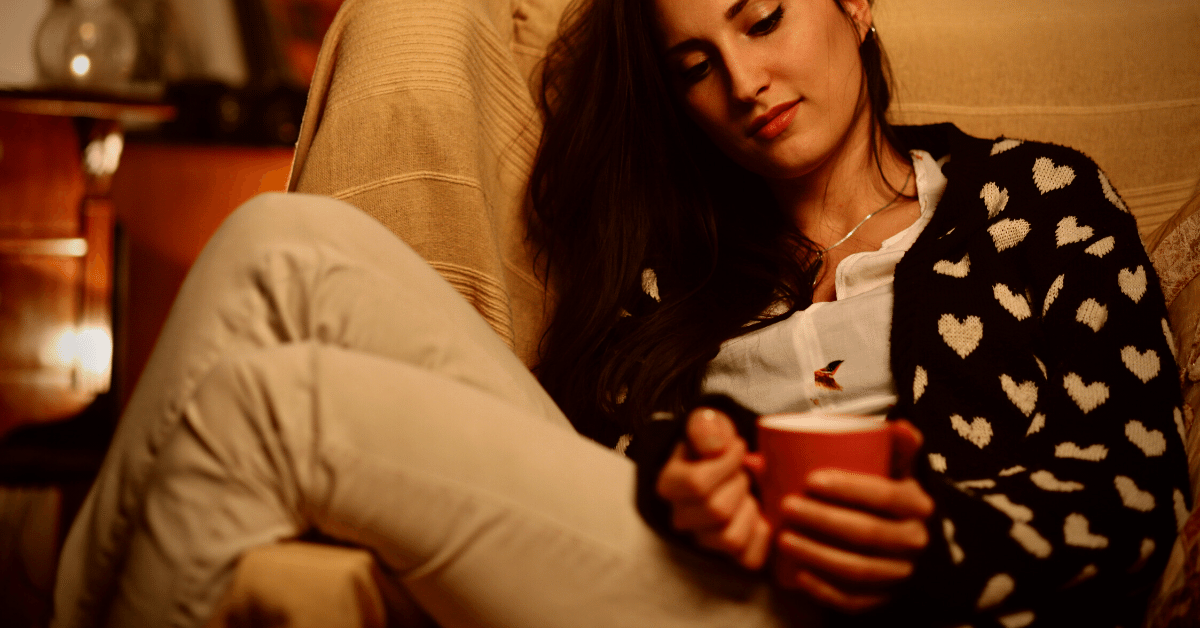
As we already established, there’s a tiny amount of caffeine left after the decaffeination process.
What’s considered tiny, you might ask?
Well, an 8-ounce cup of regular black coffee contains between 80 and 100 milligrams of caffeine. The same amount of decaf coffee beans, on the other hand, will have around 5 milligrams.
So, drinking a cup or two of decaf before sleep shouldn’t mess with your sleeping schedule. You would need to drink more than 16 cups to ingest the same amount of caffeine as regular coffee.
Now, some people have heightened hypersensitivity to caffeine. They might experience more intense caffeine side effects, even from a small amount. If you’re unsure whether that’s the case with you, here are the symptoms to look out for:
- Nausea
- Anxiety
- Trembling
- Jitteriness
- Racing heartbeat
However, there’s another reason why you might experience trouble falling asleep after a cup of decaf. And it has nothing to do with caffeine or lack of it.
You’ve surely heard of the placebo effect. Well, that might be the case here.
In fact, there was a study done on the subject back in 2011.
Basically, the participants were served coffee before doing the test. But what they didn’t know is that half of them were drinking decaf. I know what you’re thinking – that must be some high-quality decaf if they didn’t notice the difference. But that’s not the point here.
The point is that those participants did better on their tests when told they were drinking caffeinated coffee. Now, whether they were actually drinking regular or decaf coffee didn’t matter in this case. It turns out that alertness from drinking coffee may be just a placebo effect.
So yeah, maybe your body is simply conditioned to feel energized when sipping your favorite drink. If a cup of decaf messes with your sleeping schedule, then this might be why. In that case, it’s best not to drink any type of coffee after 6 p.m.
The Caffeine Content of Decaf Coffee
Now, I mentioned before that decaf coffee is only 94%-99.9% caffeine-free. Exactly how much caffeine is removed depends on the decaffeinated method used.
Why does this matter?
Well, if you’re experiencing caffeine sensitivity, then you want coffee with as little caffeine as possible.
In the US, the law regulates that decaf coffee needs to have at least 97% caffeine removed.
Now, there are four main decaffeination methods:
- Methylene Chloride
- Ethyl Acetate
- Swiss Water
- CO2
Both Methyl Chloride and Ethyl Acetate methods remove between 96% and 97% caffeine content from the coffee bean. The CO2 is rather unstable, as it can remove anywhere between 94% and 98% caffeine.
The Swiss Water method gives the best results. It removes as much as 99.9% caffeine from the beans. It’s a bit more expensive to do compared to others, but well worth it.
Now, many coffee brands indicate which method is used for making their decaf products. If you’re dealing with caffeine sensitivity, consider buying those processed with the Swiss Water.
FAQ
Have other decaf-coffee-related questions? Here’s a quick FAQ with everything you need to know.
Is it OK to drink decaf coffee every day?
Decaf coffee, like regular coffee, is a good addition to your diet when consumed in moderation. Coffee contains vitamins, minerals, and antioxidants that are important for your body.
Is it healthier to drink decaf coffee?
Decaf coffee has all the health benefits of regular coffee, aside from caffeine effects. If you don’t tolerate caffeine very well, drinking decaf would be much better for you.
Does decaf have side effects?
Decaf coffee is acidic, so it can be harsh on your digestive system. It also contains chlorogenic acid, which is a compound that can interfere with iron absorption. Finally, decaf coffee can also increase bad cholesterol which can lead to a higher risk of heart disease.
To Sum Things Up
As you can see, drinking decaf coffee can keep you awake, but not for obvious reasons.
If decaf makes you alert, you’re either:
- Sensitive to it
- Experiencing placebo effect
In the case of the former, going with coffee decaffeinated with the Swiss Method is the way to go since it has the least caffeine content of all decaf.
However, you can’t do much about a placebo. In that case, it’s best to stay off any type of coffee later in the day.
Does caffeine not seem to affect you? Here’s our article on why that might happen.

